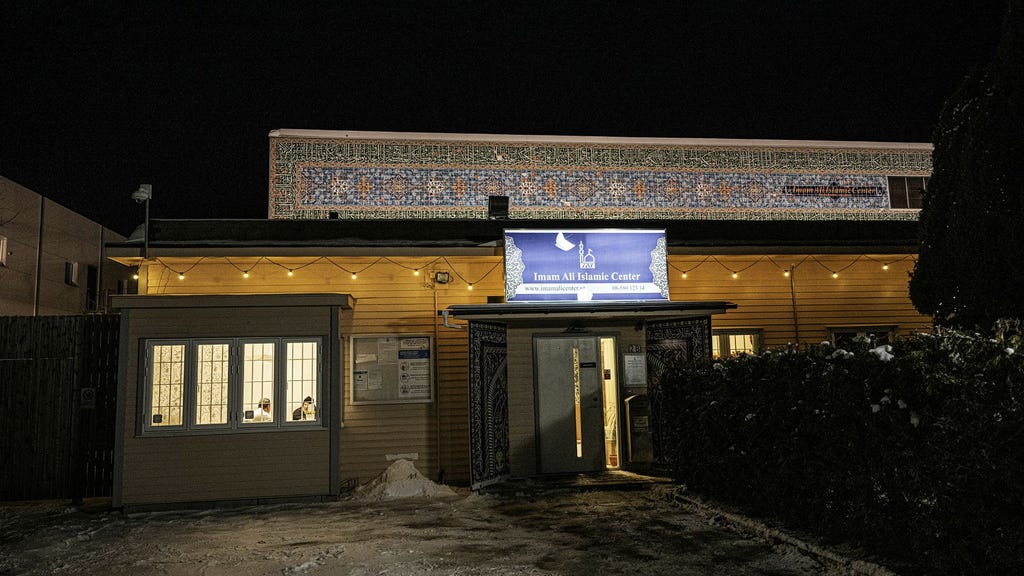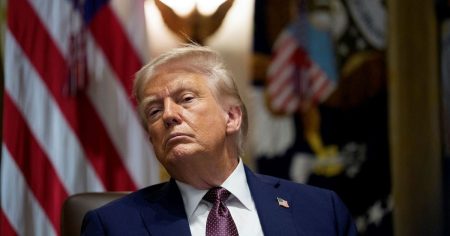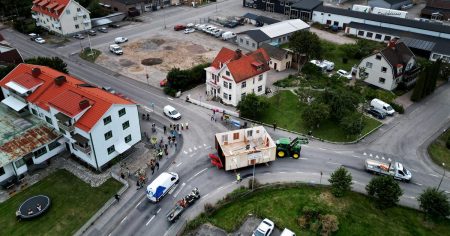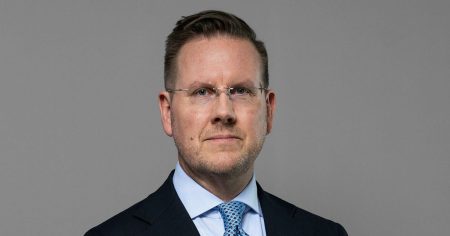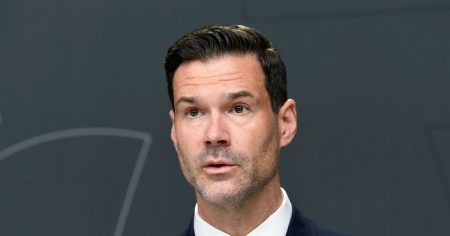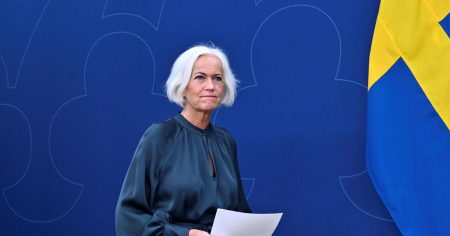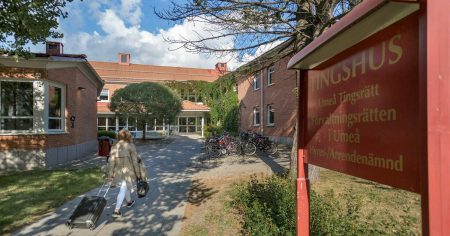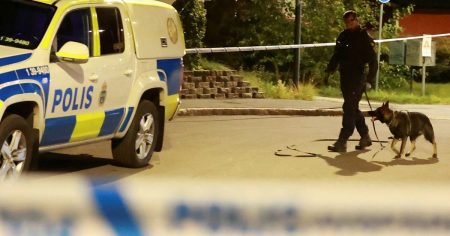On a Friday evening, Social Minister Jakob Forssmed publicly accused the Imam Ali Islamic Center mosque in Järfälla, a suburb of Stockholm, of being utilized by Iran for intelligence operations and activities that pose a threat to national security. This accusation immediately sparked controversy and raised questions about the mosque’s activities and its relationship with the Iranian government. Forssmed took to social media platform X, formerly known as Twitter, to announce his concerns and assure the public that he had been in contact with the Swedish Agency for Support to Faith Communities (SST), which collaborates with the Swedish Security Service (Säpo), and confirmed that no further funds would be disbursed to the implicated religious community.
Isak Reichel, head of the SST, corroborated Forssmed’s statement, confirming that the agency had received an assessment from Säpo regarding the mosque the previous week. Reichel explained that while Säpo’s assessment indicated Iran’s use of the mosque as a platform for intelligence activities, the congregation itself or its representatives were not directly involved in these activities. He emphasized that the mosque was not established for this purpose, but the activities occurred within segments of the community. Säpo’s assessment, however, suggested that the mosque’s leadership should have been aware of the Iranian connections. Reichel acknowledged the large size of the congregation and its engagement in regular religious practices, attempting to draw a distinction between the broader community and the specific activities under scrutiny. This distinction underscores the complexity of the situation and the potential impact on innocent members of the congregation.
Following Forssmed’s public accusation, he revealed that he had contacted the SST to ensure that no further financial support would be provided to the mosque. Reichel confirmed that the mosque had previously received government funding, but there were no pending applications at the time. This raises questions about the oversight of previously allocated funds and the potential for misuse. The incident highlights the delicate balance between supporting religious freedom and safeguarding national security. The Swedish government had recently introduced a new democracy clause for religious communities, stipulating that state funding should not be granted to organizations that do not uphold fundamental democratic values. Reichel refrained from commenting on whether the mosque met these criteria, preferring to await the agency’s official assessment. He emphasized the seriousness of the allegations and the need for a thorough investigation. The SST has the authority to reclaim previously disbursed funds, but Reichel declined to comment on whether such action was being considered.
Just hours before Forssmed’s public announcement, the Expressen newspaper reported that an imam at the mosque was in custody and facing deportation following a decision by the Swedish Migration Agency. Säpo clarified that although there was no ongoing criminal investigation against the imam, the agency had the authority to detain foreign nationals pending deportation to mitigate threats to Sweden’s security. Reichel confirmed the SST’s awareness of the imam’s situation but stated that Säpo’s assessment did not specifically address the imam, though it pertained to the same environment within the mosque. This further complicates the situation, linking the allegations of Iranian intelligence activity to a specific individual within the mosque.
Representatives of the mosque published a statement on their website asserting that they had not yet received confirmation of the information regarding the imam’s detention from the Migration Agency and emphasizing that the imam was not suspected of any crime. They also stated that the congregation did not receive funding from any foreign countries and cooperated with Swedish authorities. The mosque’s leadership maintained that they strictly monitored their premises to prevent any unlawful activities. This statement presents the mosque’s perspective, denying any involvement in illicit activities and emphasizing their cooperation with the authorities. However, the conflicting information from government officials and media reports creates a complex and evolving narrative.
The incident involving the Imam Ali Islamic Center mosque underscores the challenging intersection of religious freedom, national security, and international relations. The allegations of Iranian intelligence activity raise serious concerns about foreign interference and potential threats to Sweden’s security. The government’s response, including the suspension of funding and the imam’s detention, reflects the seriousness of these allegations. However, the situation also raises questions about due process, the potential impact on innocent members of the congregation, and the broader implications for relations between Sweden and Iran. The ongoing investigation and the SST’s assessment will be crucial in determining the extent of the alleged activities and their implications for the mosque and the wider community. This incident is likely to fuel further debate about the balance between protecting national security and safeguarding religious freedom in a complex geopolitical environment.
The unfolding situation highlights the crucial role of intelligence agencies in identifying and mitigating security threats. Säpo’s assessment, based on intelligence gathering and analysis, provided the basis for the government’s actions. The collaboration between Säpo and the SST demonstrates the importance of inter-agency cooperation in addressing complex security challenges. The case also underscores the need for transparency and accountability in government actions, particularly when dealing with sensitive issues involving religious communities. While the government has a responsibility to protect national security, it is equally important to ensure that actions are taken within the framework of the law and respect fundamental rights and freedoms. The ongoing investigation will be critical in providing clarity and determining appropriate responses to the allegations. This incident serves as a reminder of the delicate balance between national security concerns and the protection of individual rights and freedoms in a democratic society.





